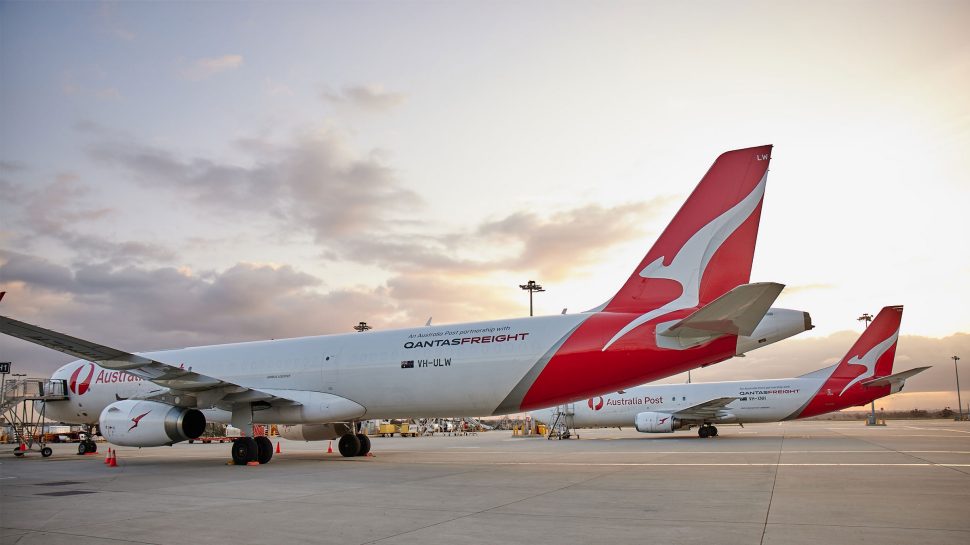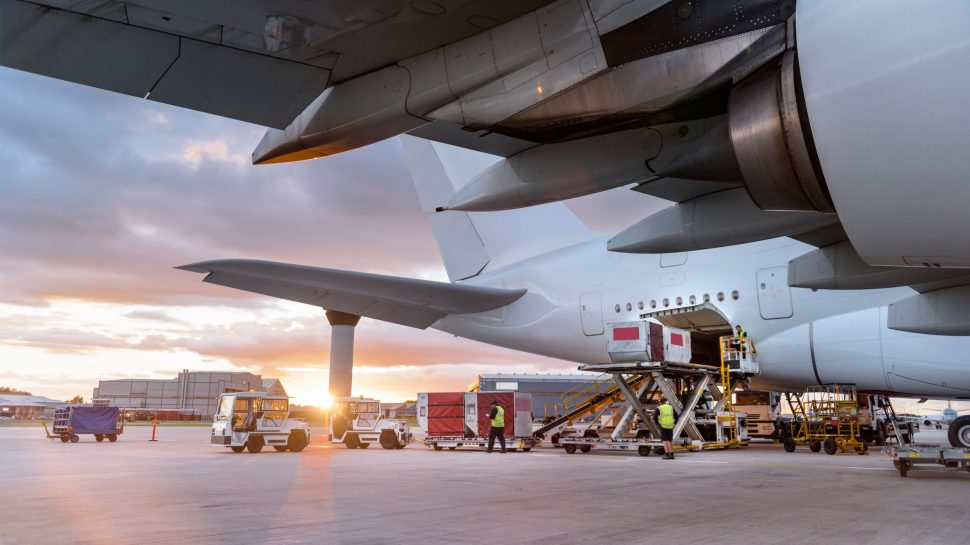How 3 Aussie businesses set themselves up for international success
How 3 Aussie businesses set themselves up for international success
Hismile, PHYLLI Designs and Ozzie Collectables have found international success. Find out how they did it and what they looked for in a delivery partner.








